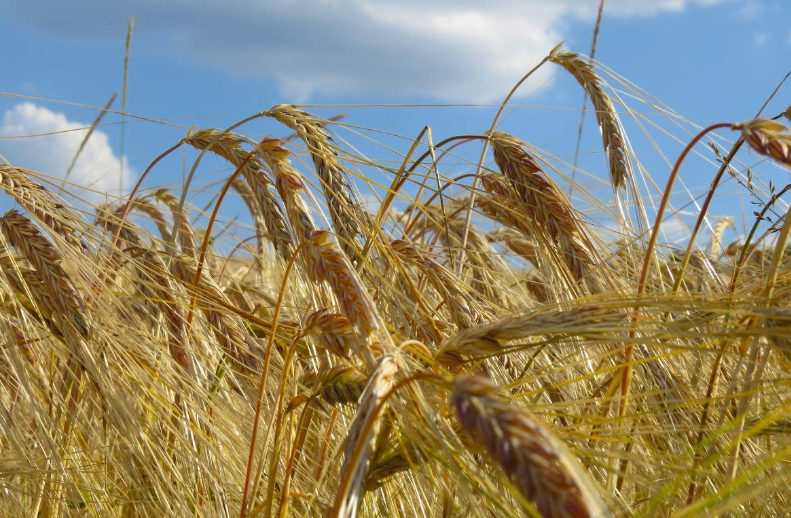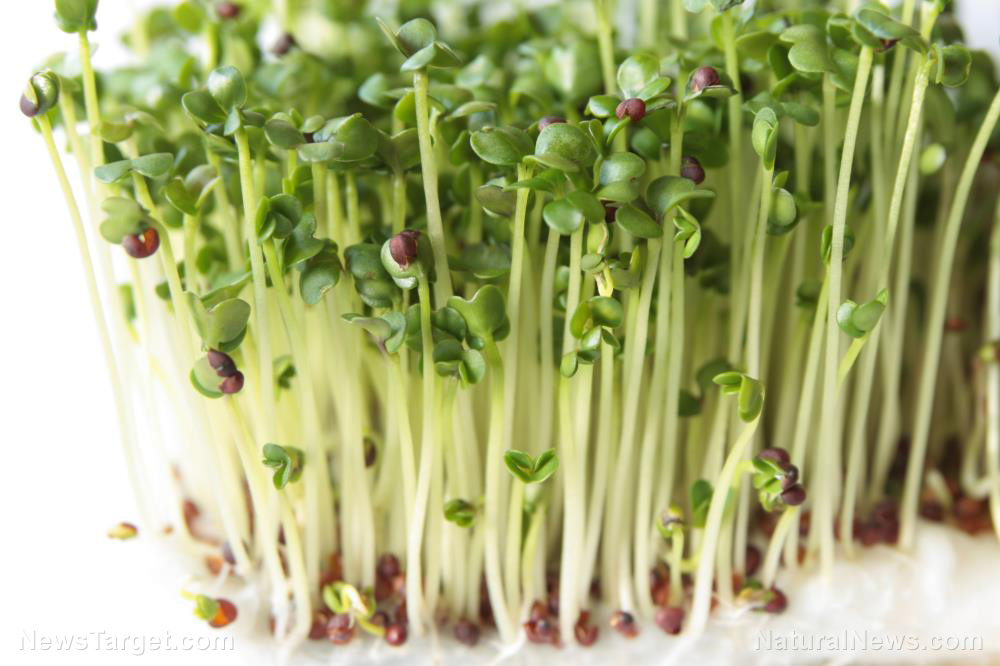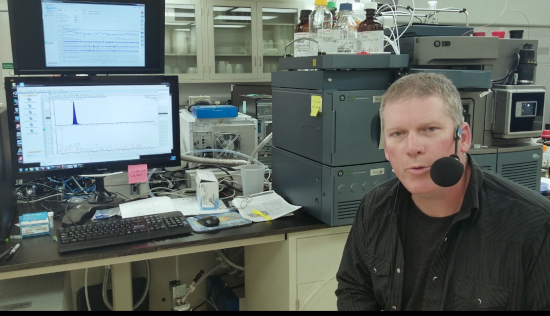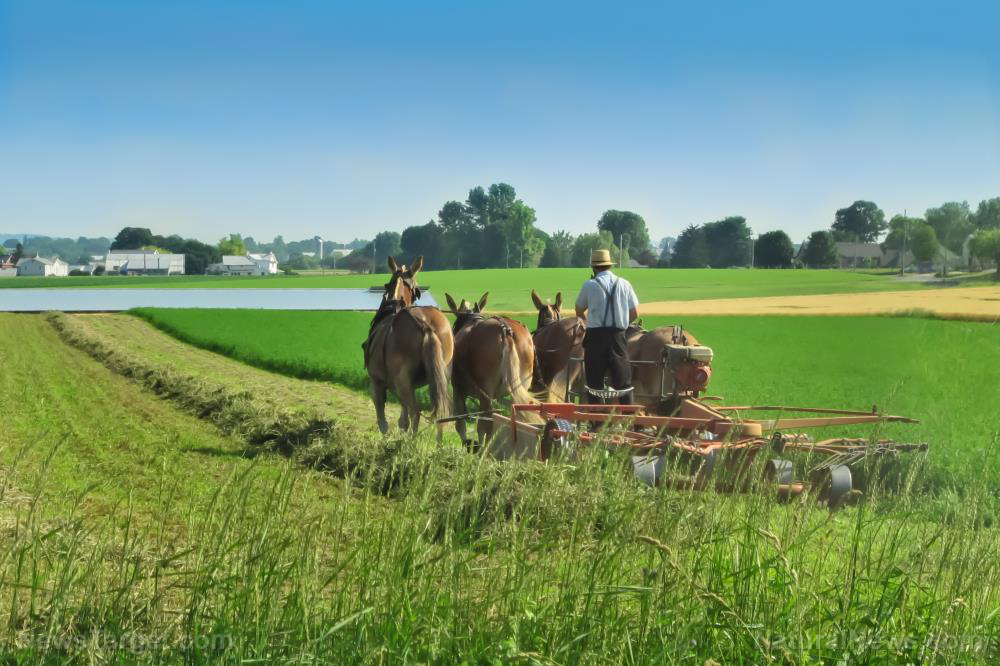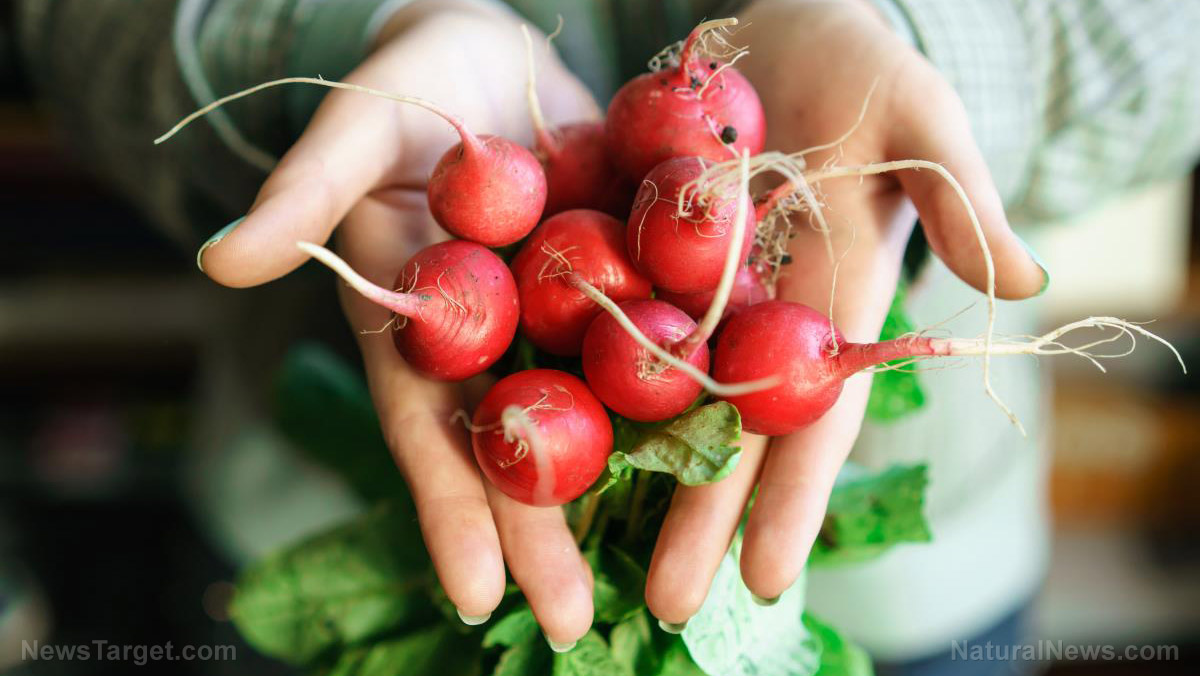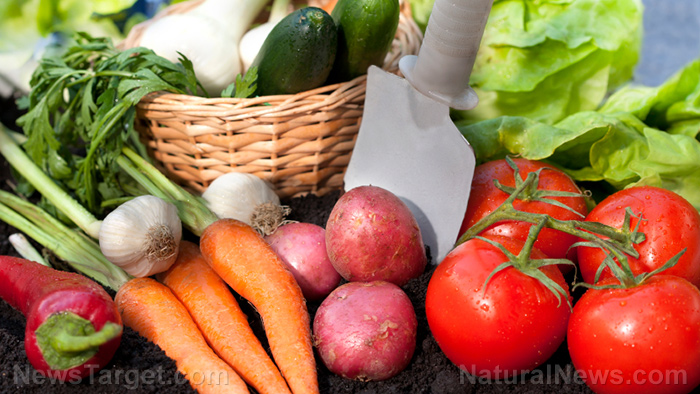
Home gardening is a rewarding practice because it gives you access to nutritious vegetables throughout the year. But gardens aren't just located in large, sprawling backyards. If your home is in the city, you can set up a vegetable garden by making small adjustments. With a bit of soil, you can grow an assortment of vegetables in containers and pots on a patio or a tiny backyard. (h/t to ReadyNutrition.com)
You can also grow veggies on rooftops or your windowsill. Use large, deep containers to give the plants a lot of room to grow. Most plants require about six hours of sunlight daily, but herbs and salad greens can survive with less.
The vegetables below can be grown in containers or sown into the ground, depending on how much space you have in your home.
Broccoli
Broccoli seeds planted in mid to late summer should be ready for the fall harvest. Broccoli does well in full sun and well?drained soil. Some kinds of broccoli can handle a light frost.
For spring harvest, start broccoli indoors about four to six weeks before the last frost. For fall harvest, start the plants indoors two to three months before the first frost.
Transplant the broccoli into your garden when the plants are three inches tall and root systems are established. Plant broccoli by sowing seeds in 1/4-inch deep soil. They prefer full sun with about 15 to 18 inches of space per plant.
When growing broccoli in containers, use those that are about 18 inches in diameter and about three gallons in size. Broccoli needs containers with good drainage.
Use a light soil and grow only one plant per container because broccoli needs lots of room to grow. Harvest after 60 to 90 days.
Carrots
Carrots are easy vegetables to grow. They favor cooler weather, and it's better to grow them during fall, winter, or early spring. Carrots can be harvested after 73 days, but if you prefer sweeter carrots, harvest your crops earlier.
Start carrots outdoors, after a frost. Plant them in full sun and leave three seeds per inch. When they reach one to two inches high, thin seedlings two to three inches apart. Don't overwater them.
When growing carrots in containers, use deep pots to give them room to grow. Plant carrots in lightweight soil that drains well. Carrots grown in containers require very regular watering. Mulch carrots to maintain moisture and prevent weeds from growing.
Dark greens
Dark greens include vegetables like kale, spinach, and Swiss chard. These leafy greens can be planted two to three weeks before the last frost. Harvest individual leaves throughout the growing cycle.
Sow seeds directly into the soil in holes 1/2-inch deep and six to eight inches apart. Dark greens favor full or partial sun and cooler temperatures during spring or fall. Harvest after 50 to 60 days, depending on the vegetable.
To grow dark greens in a container, use a pot about six inches deep and six inches in diameter. Move the containers to the shade on hot days.
Dark greens are usually sweeter and less bitter if you grow them during cooler weather.
Peas
Peas favor winter and it is resistant to frost, making it one of the easiest vegetables to grow.
Start peas three to four weeks before the last frost date. Peas can germinate in temperatures as low as 45 degrees. Start seeds indoors or sown directly into the soil.
Plant peas in full sun in one-inch deep soil. Keep seeds six inches apart. Harvest peas after 50 days.
When growing peas in a container, use a large pot since the plant spreads out. Spread peas evenly across the surface, then cover them with several inches of soil.
The nitrogen in fertilizer may negatively affect your harvest so use fertilizer sparingly. Keep the soil moist and leave the container in full sun. Add a trellis so the peas can climb.
Salad greens
Salad greens like lettuce can be grown in a warm, sunny windowsill. Succession planting gives you access to salad greens throughout the season.
Sow lettuce seeds directly into the soil and stagger plantings every two to three weeks. Plant the seeds in soil that's half an inch deep and six to eight inches apart.
To grow lettuce in a container garden, use a well-drained pot six to 12 inches in diameter. Don't overwater lettuce because the roots will rot. Lettuce requires frequent shallow watering.
Lettuce will grow in full or partial sun and during spring or fall. Depending on the type of lettuce, crops can be harvested after 39 to 45 days.
As lettuce grows, cut the outer leaves for salads and let inner leaves continue growing.
Tomatoes
Plant tomatoes in early spring and again in midsummer. Start tomato seeds indoors, then transplant when full leaves set. Harden young plants for one to two weeks before planting.
Plant tomato seeds in soil that's 1/4 to 1/2-inch deep. When transferring tomatoes to your garden, space the plants 36 inches apart. Tomatoes thrive in full sun.
Tomatoes should be planted in very large containers that are about 18 inches in diameter. Use deep and well-drained soil so the plant can develop a hardy root system.
Keep the soil consistently moist, not wet. Tomatoes require supports like a cage or stakes. Add diluted liquid fertilizer every two weeks and leave your containers in full sun. You can harvest them after 62 to 100 days.
During the off-season, gather some essentials for your garden like pots and seeds. Plan out what you're going to plant, then mark important dates on your calendar such as the first and last frost, when to start and sow seeds, and when to transplant seedlings outdoors. Finally, take note of estimated harvest dates.
Vegetables are some of the most nutritious foods available. Start your journey to healthy and sustainable living with your very own home garden.
Sources include:
Please contact us for more information.















